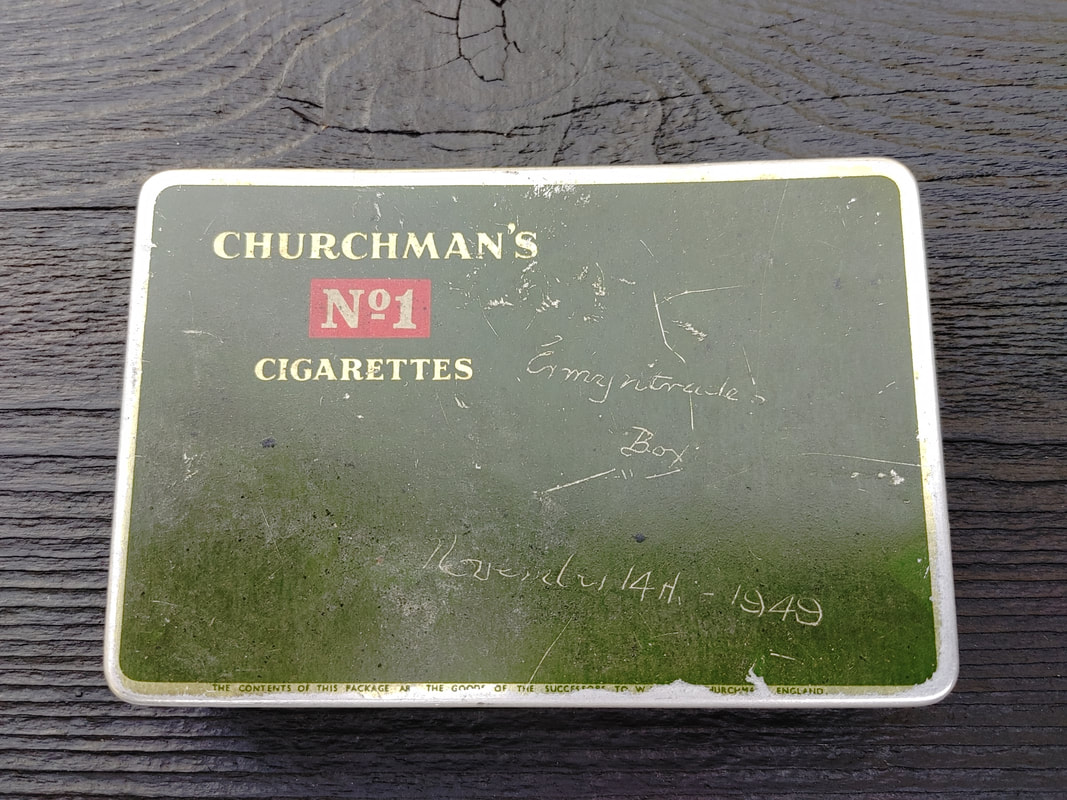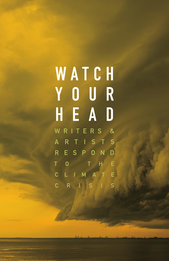|
5/26/2022 PROSE: SANDY IBRAHIMHE SAID SHE SAIDHe said, when I grow up, I’m going to be able to choose my kid's eye colour. She said, why’s that? He said, science, mom - that’s why. She said, when you grow up, you’ll be looking for consistent water supply. He said, why do you always have to do that? She said, do what? He said, make every conversation about climate change? She said, I don’t mean to; I just want to be real with you. He said, you never say anything positive. Ever. She said, I’m sorry – that’s not my intention. He said, my friends think you’re a downer. She said, would you rather I pretend it’s not happening? He said, I’d rather you let be happy sometimes. She said, I want to prepare you. He said, to be miserable. She said, fine. What eye colour would you choose? He said, screw you. She said nothing He said, I’m sorry. You just suck all the air out of the room sometimes. She said, is that an apology? He said, I’m pretty angry. She said, you should be, but it’s misdirected. He said, I’m going to be happy regardless of what’s coming. She said, good, I want that for you. He said, you make it hard. She said, I’m trying to do the right thing but I don’t know what that is. He said, I don’t want to talk about this anymore. She said, ok. He pulled out his phone and said, purple. She said, purple would be cool. Sandy Ibrahim is a writer and mother from Victoria, BC (lək̓ʷəŋən territory) who fumbles around climate change conversations with her children. 2/21/2022 PROSE by CATE SANDILANDS
Cate Sandilands is a professor of Environmental Arts and Justice in the Faculty of Environmental and Urban Change at York University. In addition to her academic writing in the environmental humanities, she recently published an edited volume of small stories and poems, Rising Tides: Reflections for Climate Changing Times (Caitlin Press, 2019), and is working on a collection of her own stories. Her other work can be found at
http://www.catesandilands.ca/. 11/20/2021 POETRY: DAVE MONTURETHE LAND ACKNOWLEDGEMENT Good intentions aside, Nations’ names mispronounced plough depth patronization Indigenous and foreign students invited into their halls of subtle intellectual and academic racism
These are the rules of engagement: Marking rubrics for the administrative convenience of tenured procurers feeding student wood fibre into their Colonizing breakdown mill Minds sawn, baked and kiln dried to be sorted into standardized dimensions graded, degreed and certified suited up in priestly robes to satisfy today’s commodities market.
(To the memory of the Kamloops 215 little ones) THE MUSH HOLE RUBRIC Having been administered a psychological caning and made to feel among “The Other,” in our own homeland. Citations not quite in order Not fitting into the paint by number linear boxes Regurgitating the same old same old This is how you will surely lose marks boy… Such are the metrics of compliance and obedience "Mush Hole Rubric" previously published in Mad Canada Dave Monture, Bear Clan Mohawk, is a retired part-time student who grew up on the Six Nations Reserve. He is a fourth year student in Honours Creative Writing, his second degree at Western. He has participated in readings with Writers-in-residence Margaret Christakos and Alicia Elliot. He has opened for a guest reading of Poetry London. He has contributed to recordings of the Indigenous Writers’ Circle for Radio Western. In 2019 he was a recipient of the Dr. Valio Markkanen Undergraduate Student Award of Excellence and a Head and Heart Fellowship. Most recently, he has contributed to Mad in Canada, Science, Psychiatry and Social Justice. He is a member of the Indigenous Writers’ Circle, an independent Indigenous creative voice, at Western. He is working on a novel, poetry and flash fiction. He recently returned to painting. |
|
ISSN 2563-0067 © Copyright 2023 | Watch Your Head Contributors Sign up for our Newsletter Buy our print anthology Watch Your Head: Writers & Artists Respond to the Climate Crisis (Coach House Books, 2020). |

